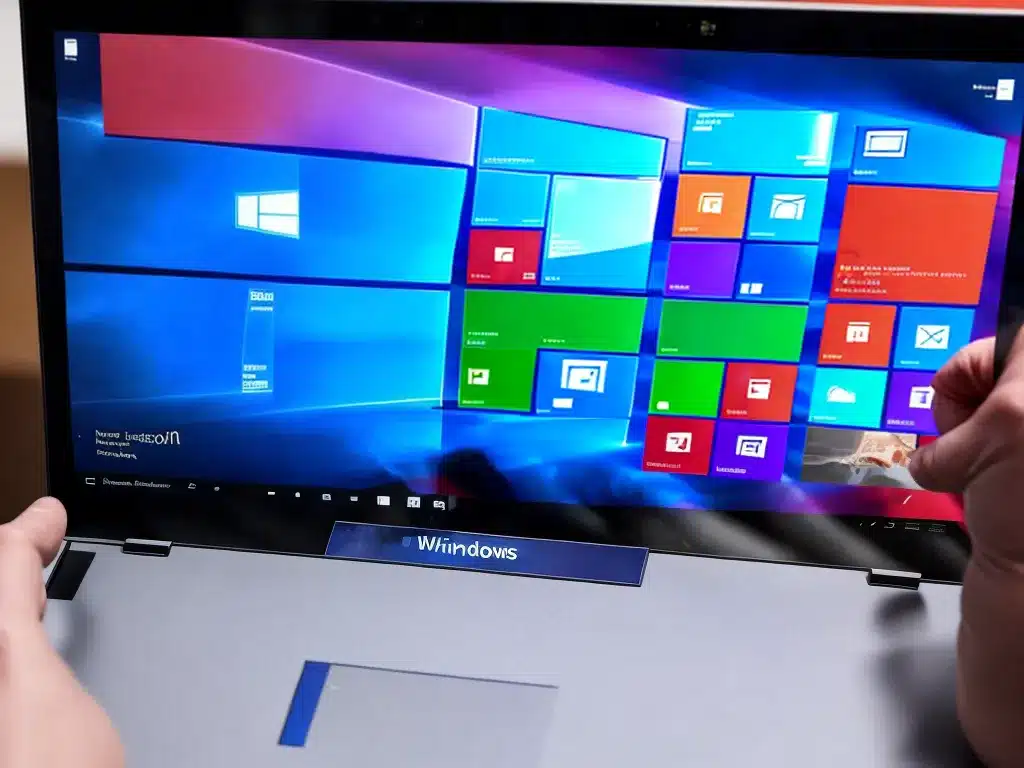
Microsoft has officially confirmed that Windows 11 will be releasing in 2024. As the successor to Windows 10, Windows 11 is set to bring new features, updates, and enhancements to Microsoft’s operating system.
Why 2024 for Windows 11?
Microsoft typically follows a steady release cadence for new versions of Windows, releasing a major update approximately every 3 years.
Windows 10 was first released in 2015. Following Microsoft’s usual timeline, Windows 11 in 2024 aligns with the expected 3-year update cycle.
Some key factors leading to the 2024 release date include:
-
Time for development – Creating a new OS version takes years of engineering work. Targeting 2024 allows ample time for Microsoft to build and test Windows 11 thoroughly before public release.
-
Allowing Windows 10 to mature – Windows 10 is still expanding in capability. With a 2024 release, Microsoft can continue improving Windows 10 while building its successor.
-
Hardware/software compatibility – New hardware and software needs time to catch up and be made fully compatible with major Windows revisions.
-
Business user adoption – Companies are still transitioning to Windows 10. A 2024 release gives businesses more time to roll out Windows 10 fully before the next major update.
Expected New Features and Enhancements
While full details remain limited, some rumored updates coming in Windows 11 include:
-
Updated user interface – The user interface will likely receive a visual refresh, with design changes to elements like the Start menu, Action Center, taskbar, etc.
-
Enhanced touch optimization – Windows 11 is expected to build on Windows 10’s touch capabilities with improved gestures, tablet mode, and finger-friendly UI.
-
Better voice controls – Voice interaction may be enhanced through stronger Cortana integration and voice-to-text dictation.
-
Cloud connectivity – Deeper OneDrive, Office 365, and Microsoft account integration could enable a more cloud-connected experience.
-
Xbox app – A dedicated app for Xbox Game Pass streaming is rumored to come pre-installed.
-
Improved app store – The Microsoft Store could expand with more programs and better integrate desktop software.
-
Productivity boosts – New features aimed at improving workflow and efficiency for business professionals are likely.
The End of Windows 10 Support
The release of Windows 11 in 2024 will coincide with Windows 10 nearing the end of support.
Mainstream support for Windows 10 is scheduled to end in October 2025. When Windows 11 comes out in 2024, Windows 10 will only have about a year of support left.
This will make migration to Windows 11 crucial for those who want to keep receiving software patches, security updates, and technical support. Once support ends for Windows 10, systems running it could become vulnerable to bugs and exploits.
Microsoft’s typical 10-year support lifecycle means Windows 10’s initial release in 2015 will mark the halfway point when Windows 11 hits the market.
Looking Ahead to Exciting Improvements
The 2024 launch for Windows 11 marks the next era for Microsoft’s operating systems. With years to enhance the user experience before release, Windows fans can expect exciting improvements across the board.
From visual changes to under-the-hood modifications, Windows 11 has the potential to be a milestone update. The 2024 launch can’t come soon enough for those eager to upgrade their devices.
Although many details are still uncertain, the confirmed release timeframe gives us something to look forward to. For now we’ll have to wait patiently for 2024 to see everything Windows 11 has in store.












